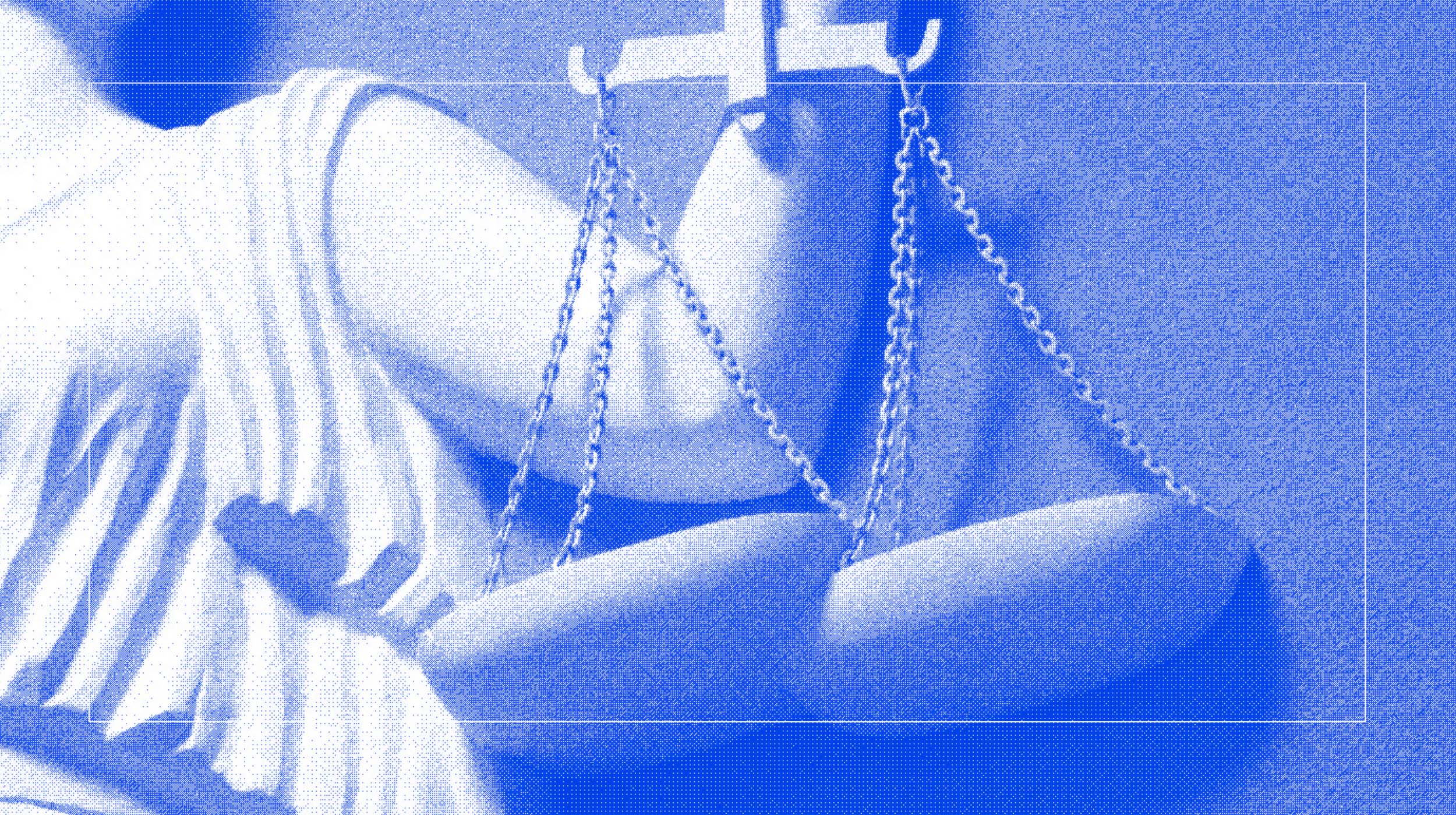At First Impression, Trustworthiness Is in the Face

First impressions are more important than we thought. A person’s appearance—specifically, their facial features—helps determine whether we assess their motives favorably or if we naturally suspect them of vice.
According to a new study, individuals with v-shaped eyebrows and naturally downturned smiles are consistently thought of as less trustworthy, while people with easy, natural smiles and eyebrows that have the opposite shape, sloping downward at the ends, received more trust.
Here is how the study worked:
Six-hundred and nine individuals were asked to evaluate photographs of two different CEOs: the photos were portraits, highlighting the CEOs’ facial features. Based on facial features alone, study participants consistently rated one photo as more trustworthy despite not having any knowledge of the person’s past behavior or manner of speech.
Then individuals were then asked to assess the fairness of a hypothetical business situation in which the CEO decided to cut worker pay by 15 percent (including the CEO salary) to avoid other cutbacks in difficult economic times.
“Participants felt more trust towards the CEO and judged the decision as fairer when the CEO’s biography included a facial photo previously rated as highly trustworthy, rather than an untrustworthy one.”
When asked if alternative actions to cutting worker pay would have been more fair, people assessing the actions of the trustworthy CEO were less likely to believe in viable alternatives.
It’s not surprising that we associate certain physical qualities with personality characteristics, but when it comes to trust, we tend to believe that our trust is hard-earned and dependent on how someone behaves toward us over a period of time.
Establishing trust between members of society can make the difference between poverty or prosperity, as economist Paul Zak explains. Governments should take action to establish more social trust:
Read more at the British Psychological Society
Photo credit: Shutterstock





